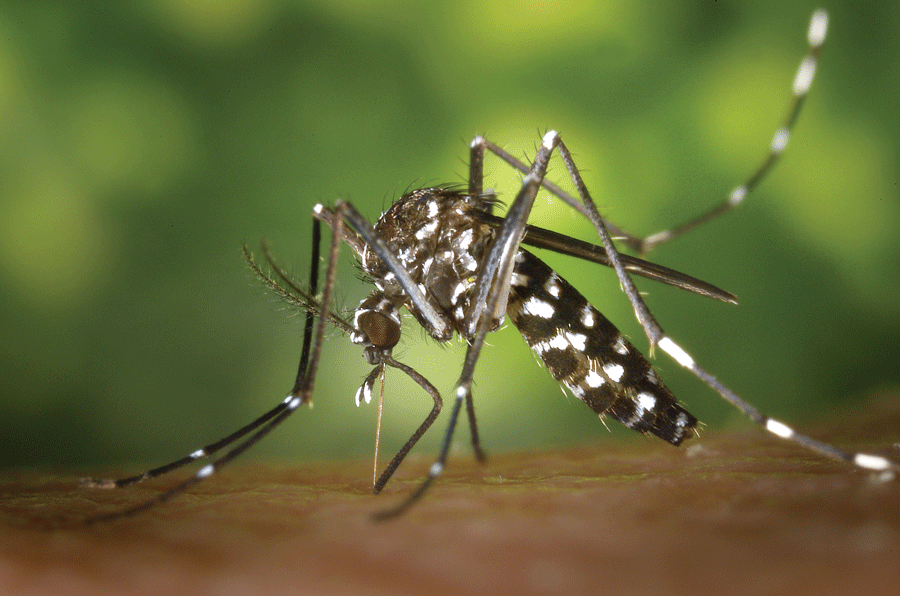Most senior dogs suffer some hearing loss and many eventually go deaf. When you become aware of your dog’s impaired hearing, it’s important to start making accommodations.
In a multi-dog household, that may mean separating the dogs when you’re not at home, in case a younger dog takes offense at the geriatric sibling’s obliviousness to sound signals. If your dog’s sight is still decent, you can switch to communicating with hand signals. Be sure to “shout”—i.e., use larger gestures than you would with a young dog.

Buying a storm whistle—reported to be twice as loud as other mouth-blown whistles—can help with recall on walks. Alternatively, you may have to stick to onleash walks or off-leash romps in enclosed areas where you can supervise.
Your dog will be less aware of what goes on around her; she may not hear traffic, joggers, kids, or cyclists approaching, or, if she isn’t downwind, other dogs. In other words, out in the world, you will need to be your dog’s ears.
Lori Wainio-Carman, VSPDT, professional dog trainer and owner of Dream Dogs, has been successfully training for more than 20 years. Positively.com, dreamdogs.com, 760-899-7272.


